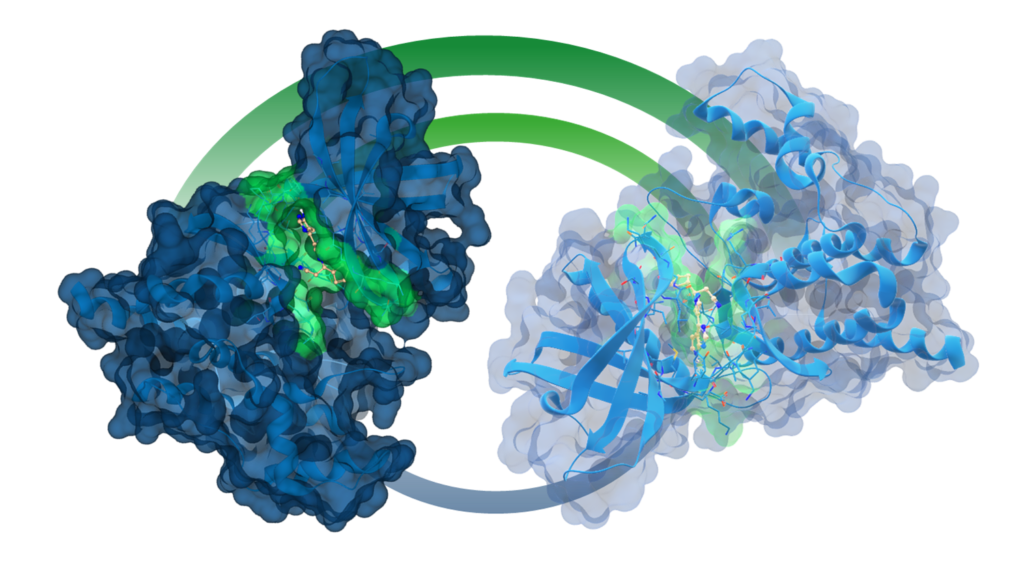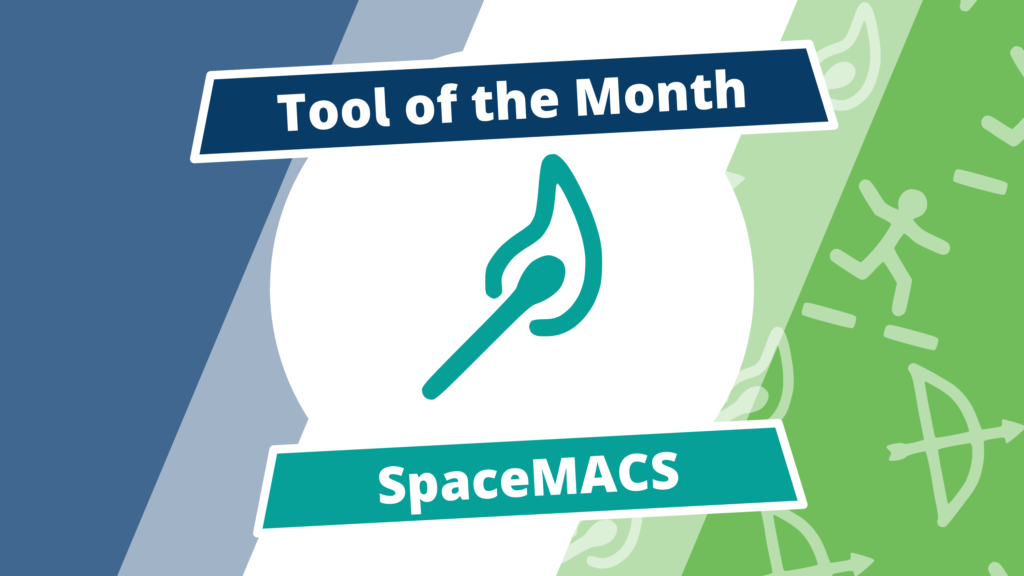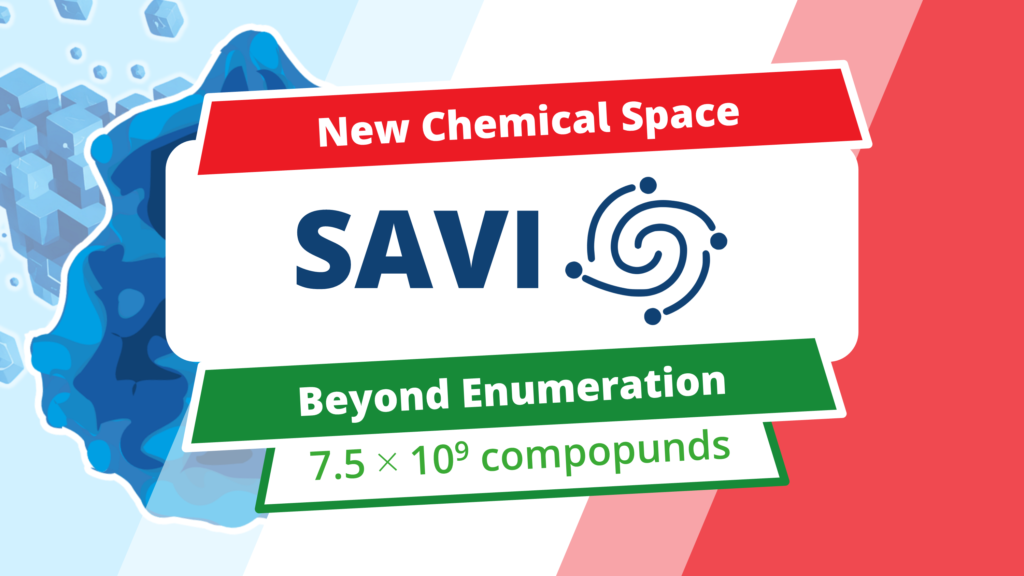Human protein kinases are involved in several diseases which turned them into an important class for targeted therapy. To date there are almost 6,000 kinase structures in the PDB and around 70 small molecule kinase inhibitors available. Still several challenges remain related to drug promiscuity, resistance, and untapped kinase territory.
In this BioSolveIT webinar, Andrea will summarize the portfolio of methods which either use the openly available kinase data to generate new knowledge, or enable the community to engage in this data more easily. Using the TeachOpenCADD platform, she will demonstrate how to orchestrate diverse CADD tasks for individual kinases. Furthermore, Andrea’s lab developed freely available tools supporting diverse tasks: (i) KinFragLib for fragment based kinase inhibitor design, (ii) KiSSim – a KLIFS-based kinase structural similarity fingerprint, and (iii) a pipeline to assess kinase similarity from different data perspectives. All examples make use of the OpenCADD-KLIFS module to facilitate the integration of KLIFS data into kinase research workflows.
Andrea will close with further ongoing projects in structure-informed ML for kinase polypharmacology (openkinome).
Join us for an exciting talk and a vivid discussion.








